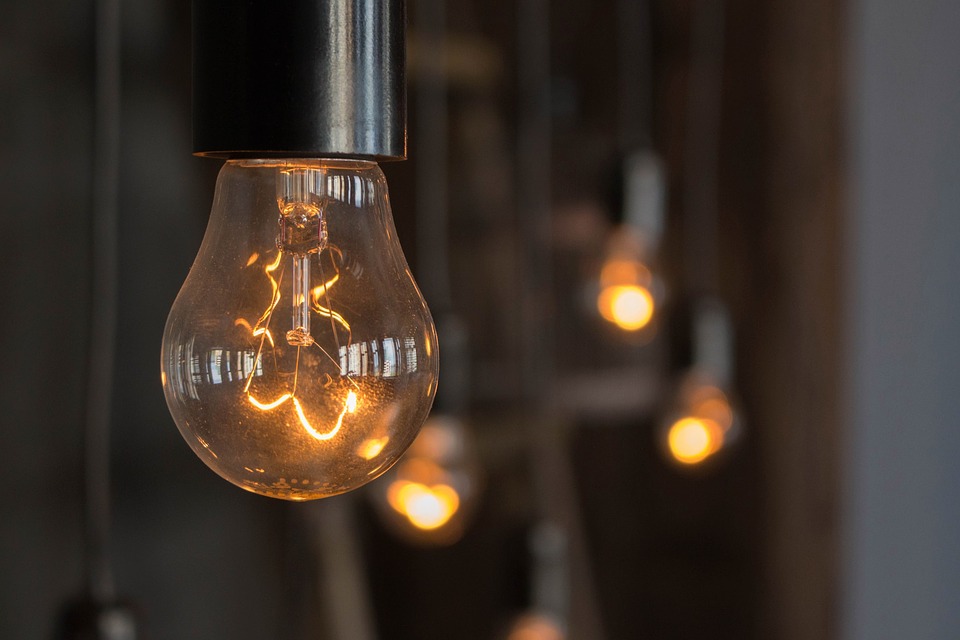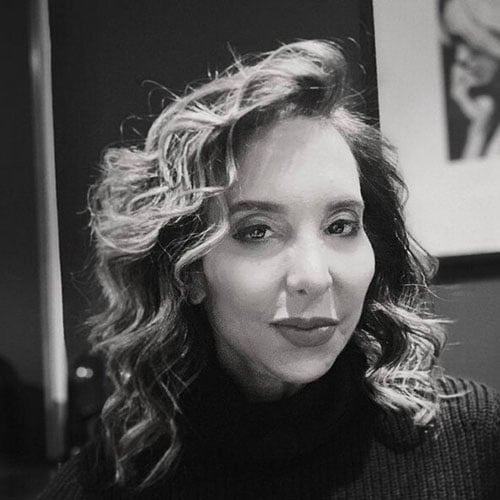 Photo from Pixabay
Photo from Pixabay Many have suggested that we view COVID-19 as a test — of our resilience, unity, ability to restore our best selves. As a Manhattanite who has witnessed the number of deaths dramatically rise as our basic freedoms disappear, I think looking at it through this lens is fairly essential to our sanity.
This all hit home rather acutely on March 29 when, a few yards from my apartment building, volunteers erected large tents on the wet Central Park grass across from Mount Sinai Hospital to serve a presumed overflow of patients. The hospital is not yet at capacity but predictions for the upcoming week are grim. Fourteen ominous tents will cover 50,000 feet of the beautiful swath of land called East Meadow.
The scene felt surreal. Most of us have seen this sort of thing only in movies. But I took it in with my son, Alexander, with the same calm that I’ve tried to maintain for most of #coronatime, as he calls it. We went farther into the park to attempt to play soccer; with the closure of basketball courts and NO PLAYDATES! Alexander is stuck playing sports with me, which typically loses its appeal in less than 10 minutes.
By then the tents had attracted a number of stunned spectators. The magnitude of the scene began to sink in. For most New Yorkers, Central Park is a sacred space — its beauty and wisdom offer a year-round emotional detox. But now — just like the boarded-up shops and restaurants on the Madison Avenue side of Mount Sinai — it is yet another source of anxiety.
“Think of all the beauty still left around you and be happy,” Anne Frank presciently wrote. But what if you can no longer see any beauty? What if every source of beauty and solace is now on lockdown? As Frank well understood, we need to be able to create that sacred space of light in our own minds.
The truth is, choosing light over darkness is indeed a choice — a proactive, eternal choice that needs to be continually reaffirmed.
Before the tents were set up, my friends and family had remarked that I seemed incredibly calm given the turmoil that was swirling around us. In part I had felt that the media-driven hysteria was counterproductive, but I also knew that I simply couldn’t function in panic mode. But I was getting angry — at the selfish hoarding, the senseless restrictions, China.
I’ve written quite a bit about the need for sacred spaces in our lives, but now I began to focus on the in-betweens, especially as those spaces disappear. How do we maintain serenity after the soulful music ends?
Judaism, of course, has 613 mitzvot to keep our minds elevated. But for those of us who aren’t that religious, how do we sustain tranquility?
When we returned to the apartment, I saw that I had been gratuitously insulted on Facebook and then a friend called to make sure I was aware of every claim of negative news, globally. After I finally hung up, I found myself yelling at Alexander for something that only deserved a reprimand.
Here’s the thing: We have little control over most of this crisis. Like it or not, we’re each going to have to learn to manage that lack of control, even if it goes against every aspect of our rebellious American spirit. But there’s a lot we do have control over. We don’t have to be friends with toxic people, on or off social media. And, even now, we can minimize contact with negative friends.
Choosing light over darkness is indeed a choice — a proactive, eternal choice that needs to be continually reaffirmed.
In meditation we are taught to gently push away negative thoughts. But this process must continue throughout the day, whether it involves thoughts, people or a surplus of hyperbolic information. We each need to know how to navigate our days safely; we don’t need to inundate ourselves hourly with apocalyptic scenarios.
We will get through this, just as humanity has weathered inhumanity before. My hope is that when we return to a new version of normal, we will have learned to better appreciate the sacred spaces — and people — in our lives, and perhaps more important, to know how to embrace the light in our own minds.
Karen Lehrman Bloch is an author and cultural critic.























 More news and opinions than at a Shabbat dinner, right in your inbox.
More news and opinions than at a Shabbat dinner, right in your inbox.